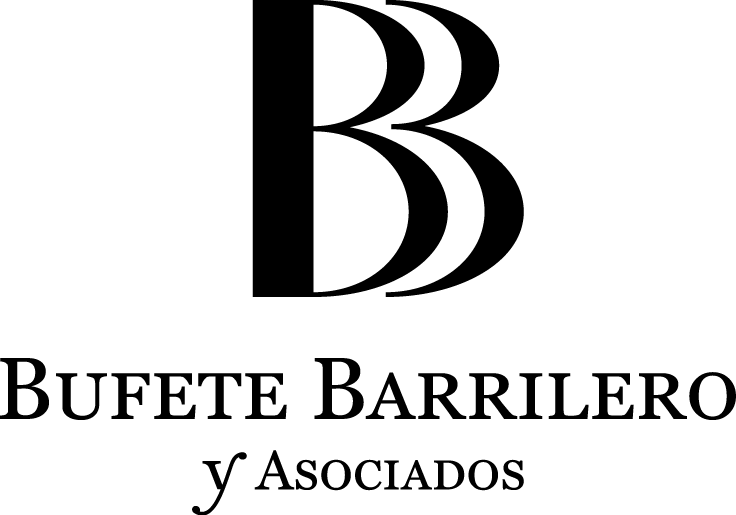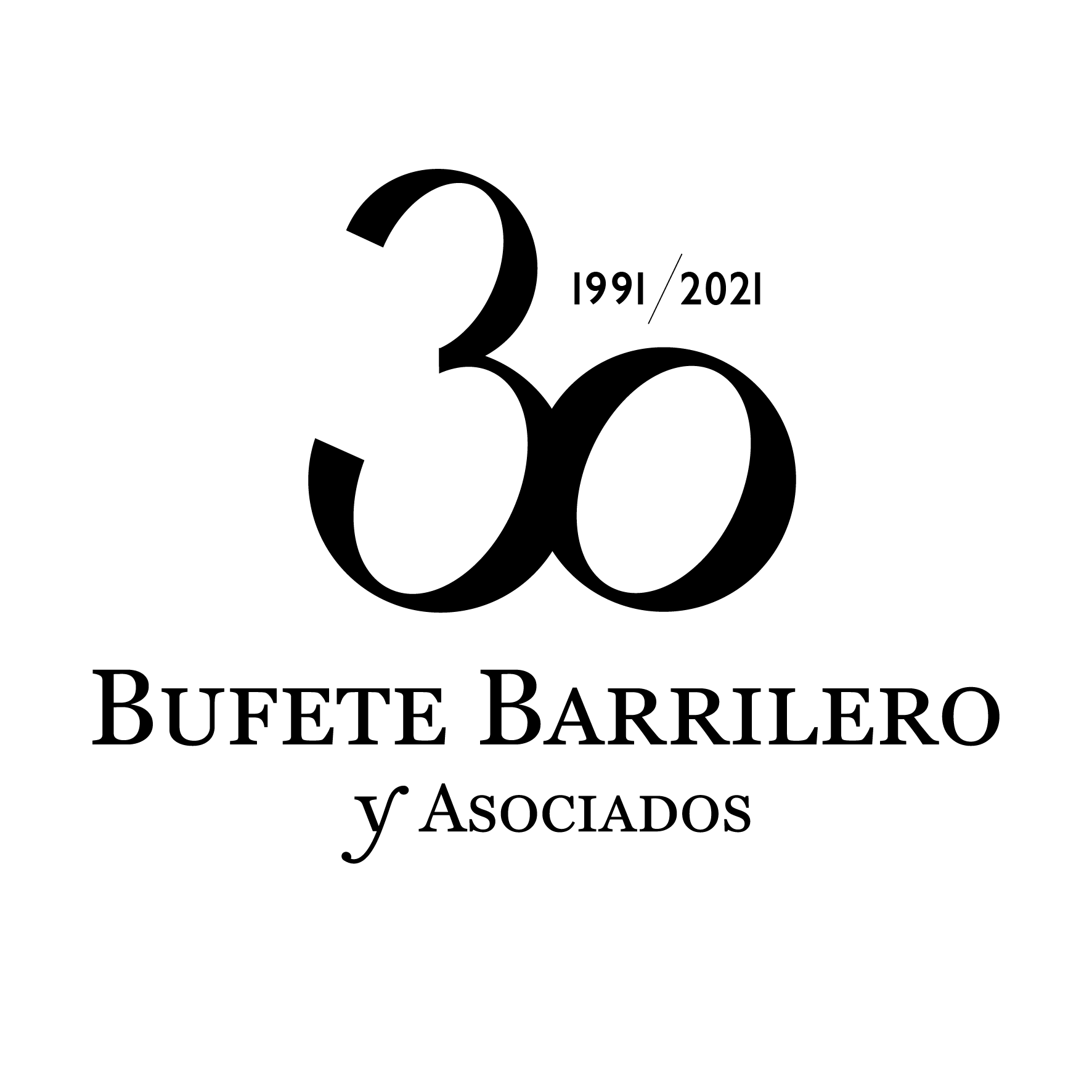PUBLIC LAW
The rise of tourism and the widespread use of short-term rental platforms like Airbnb have created the need to regulate this market in Spain. To enhance transparency, oversight, and compliance with tax and administrative regulations, the Single Seasonal Rental Registry has been established—a new regulation set to take effect in July 2025. This measure is the result of Royal Decree 1312/2024, issued on December 23 and published in the Official State Gazette (BOE) on December 24, 2024, with a progressive implementation starting on January 2, 2025.
What is the Single Seasonal Rental Registry?
The Single Seasonal Rental Registry is a mandatory digital system where property owners renting out properties for short-term or seasonal stays must register their units. This platform, known as the Digital One-Stop Rental Window, aims to centralize data related to seasonal rentals (including short-term contracts, room rentals, tourist apartments, and boat rentals), ensuring that landlords comply with Spain’s legal and tax obligations.
The implementation of this registry responds to the growing demand for clear regulations in a market that has largely operated informally. Through this system, both owners and tenants will have access to a database that verifies the legality of rental properties and the conditions under which they are offered.
Registration Process
The process to register a property in the Single Seasonal Rental Registry is straightforward and consists of three main steps:
- Accessing the digital system – The property owner must obtain a registration number by accessing the platform managed by the College of Registrars. Once registered, they can manage their property’s information.
- Completing the registration form – The owner must fill out a detailed form with information about the rental property, including its location, type of accommodation, and specific rental conditions.
- Submitting required documentation – The registration process requires official documents such as the property title, energy certificate, and, depending on the location, a tourist license or other specific permits. This ensures that the property meets legal and safety standards.
Legal Obligations for Landlords
With the implementation of this new regulation, landlords must comply with various legal requirements to operate legally in the short-term rental market. These include:
- Compliance with local regulations – Properties must adhere to urban planning, safety, and accessibility rules set by local authorities, which may require additional permits and licenses.
- Declaring rental income – Landlords are required to declare the income earned from short-term rentals and meet their tax obligations, including paying taxes on rental earnings.
- Licenses and permits – Depending on the location and type of property, a tourist license or other permits may be necessary to certify that the rental meets short-term rental requirements.
These obligations are designed not only to ensure that rental properties are safe and legal, but also to formalize the market, requiring landlords to comply with their tax duties.
Penalties for Non-Compliance
Failure to comply with the Single Seasonal Rental Registry regulations can result in serious consequences for property owners, including:
- Fines – Property owners who fail to register or meet tax obligations may face financial penalties, with fines depending on the severity of the violation.
- Operational restrictions – Non-compliant landlords could face limitations on their ability to offer short-term rentals, negatively affecting their business.
- Revocation of licenses – In cases of serious or repeated violations, authorities may revoke licenses or permits, effectively banning the property from being used as a short-term rental.
For this reason, it is crucial for landlords to stay informed about local and national regulations and to fully comply with legal requirements to avoid penalties and maintain their reputation in the market.
Conclusion
The Single Seasonal Rental Registry is a key tool in regulating Spain’s short-term rental market. This new regulation seeks to create a more transparent, secure, and efficient system for both landlords and tenants. Property owners must adapt to these regulations, register their properties in the system, and comply with tax and administrative obligations to avoid fines and operate legally.
With the implementation of this system, Spain positions itself as a leader in short-term rental regulation, following European Union guidelines. It is essential for property owners to stay informed about any regulatory updates and to be prepared to meet new legal requirements. Compliance is crucial to ensure the sustainability and growth of a well-managed and transparent rental market.


